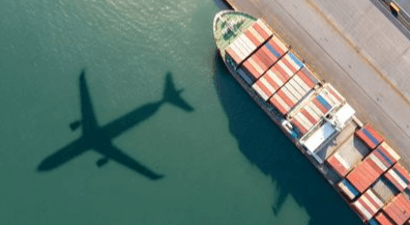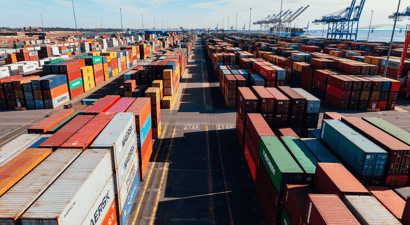Shipping Lines Urge Transnet to Overhaul Cape Town's Aging Fleet
By Pauline Kumlehn, Partner in the Shipping & Logistics team
Local online publication Freight & Trading Weekly has in its 1 June 2018 publication reported that shipping lines have urged Transnet to consider redeploying some of its tugs currently operating in the Eastern Cape to the port of Cape Town.
According to the report:
1. Representatives of various shipping lines attended a stakeholder meeting with Transnet Port Terminals (“TPT”) in Cape Town last week, expressing their concern regarding the tugs currently operating in Cape Town.
2. Not only the availability of tugs was identified as a challenge, but also their size, particularly as vessels operated by the lines are getting bigger.
3. Evidence of the issue recently came to the fore as three of the tugs in Cape Town were called upon to refloat and secure a CMA CGM vessel which had struck the breakwater upon entering the port in April during low tide.
4. Concerns were expressed that whilst the Transnet National Ports Authority (the “TNPA”) have taken delivery of a new tug last year as part of a national nine-tug construction contract, the fleet in the port was old and small and not equipped to address the port’s growing needs, which had a negative impact on the efficiency of port operations.
5. By comparison, the ports of Port Elizabeth and Ngqura have access to bigger (and newer) tugs. In this regard, it was pointed out by a representative that the big tugs servicing vessels in Port Elizabeth rarely had to contend with vessels exceeding 300 metres, whilst the tugs in Cape Town by contrast generally only deals with such larger vessels, not to mention passenger liners and often more severe weather conditions.
6. The suggestion made by the shipping lines was accordingly to call upon the TNPA to consider redeploying one or two of its tugs from the Eastern Cape to Cape Town.
7. TPT’s chief executive, Nozipho Sithole, indicated that she would discuss this with her TNPA counterpart.
As the winter season commences in the Cape, it is hoped that industry concerns will be addressed without delay.





